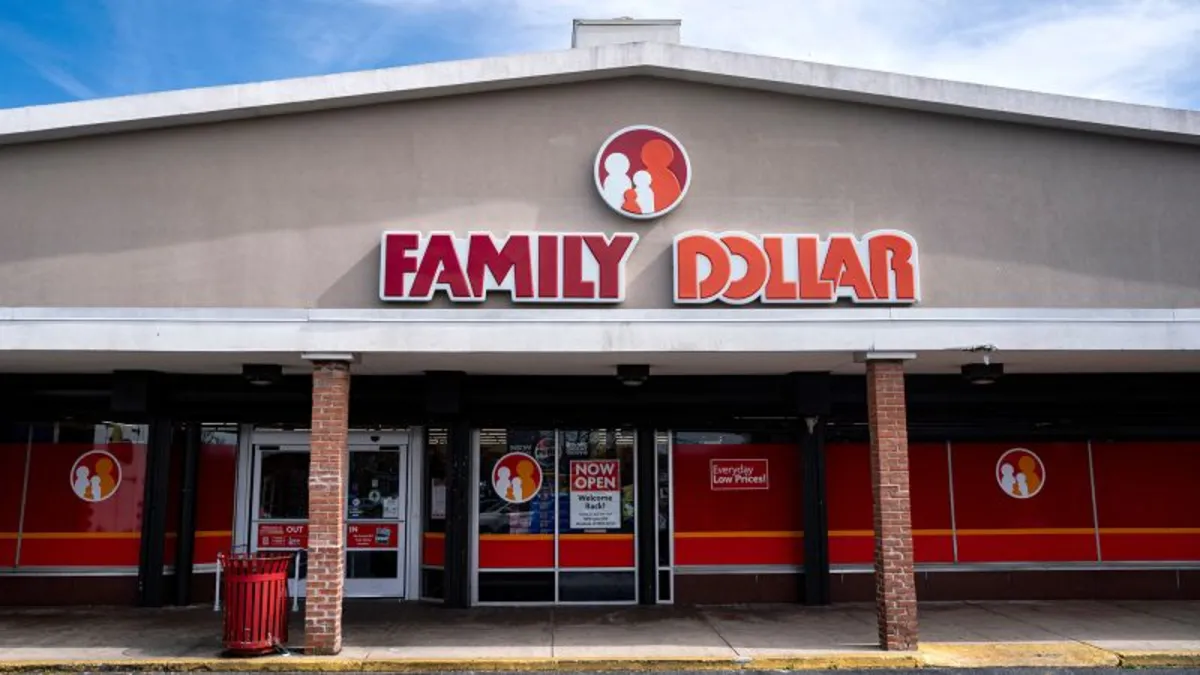
Dollar Tree has officially announced the end of its brief and challenging venture with Family Dollar, opting to sell the discount brand for a mere $1 billion. This sale represents a significant loss, considering Dollar Tree acquired Family Dollar for $9 billion just a decade ago. The deal is set to transfer Family Dollar to private equity firms Brigade Capital Management and Macellum Capital Management, pending regulatory approval, which is anticipated to be finalized in the next quarter.
In a statement, Dollar Tree emphasized the thorough review conducted by its leadership team and Board of Directors regarding alternatives for the Family Dollar business segment. Ultimately, they concluded that selling Family Dollar to Brigade and Macellum would best unlock value for Dollar Tree shareholders while positioning Family Dollar for a more successful future.
Currently, Family Dollar operates approximately 8,000 stores across the United States, primarily serving low-income customers in urban areas with product prices typically ranging from $1 to $10. However, the chain has faced numerous challenges in recent years, including plans to close over 900 stores. Analysts attribute its struggles to a variety of issues, including messy store conditions, rising prices, and over-expansion.
In addition to internal challenges, Family Dollar has encountered fierce competition from larger retailers such as Walmart and Dollar General. The rising inflation has further exacerbated Family Dollar's operational costs and has put additional financial pressure on its lower-income clientele.
When Dollar Tree acquired Family Dollar, the intention was to enhance its competitive edge against larger rivals. The merger was expected to expand the customer base, reduce operational costs, and stave off competition from Dollar General, which primarily serves rural areas. However, Dollar Tree miscalculated the potential benefits of the acquisition, leading analysts to describe the merger as a poor fit.
Family Dollar stores were found to be in worse condition than Dollar Tree's management had anticipated. Initial strategies aimed at boosting sales, such as introducing beer sales, did not yield the desired results. Additionally, many Family Dollar locations were situated too close to one another, resulting in cannibalization of sales among stores.
Just a year after the acquisition, an activist investor called for the sale of what they described as the “underperforming” Family Dollar business. This prompted Family Dollar to announce plans to close hundreds of its stores. Despite significant renovations to thousands of locations, analysts report that many Family Dollar stores still remain poorly maintained.
Further complicating matters, Family Dollar faced a record $41.6 million fine from the Justice Department last year due to violations of product safety standards. This came after the discovery of items being stored in a rat-infested warehouse in West Memphis, which was filled with both live and dead rodents.
The sale of Family Dollar marks a pivotal moment for Dollar Tree as it seeks to refocus its business strategy. As the company moves forward, stakeholders and analysts will be keenly observing how this decision impacts both Dollar Tree and the future of Family Dollar under new management.